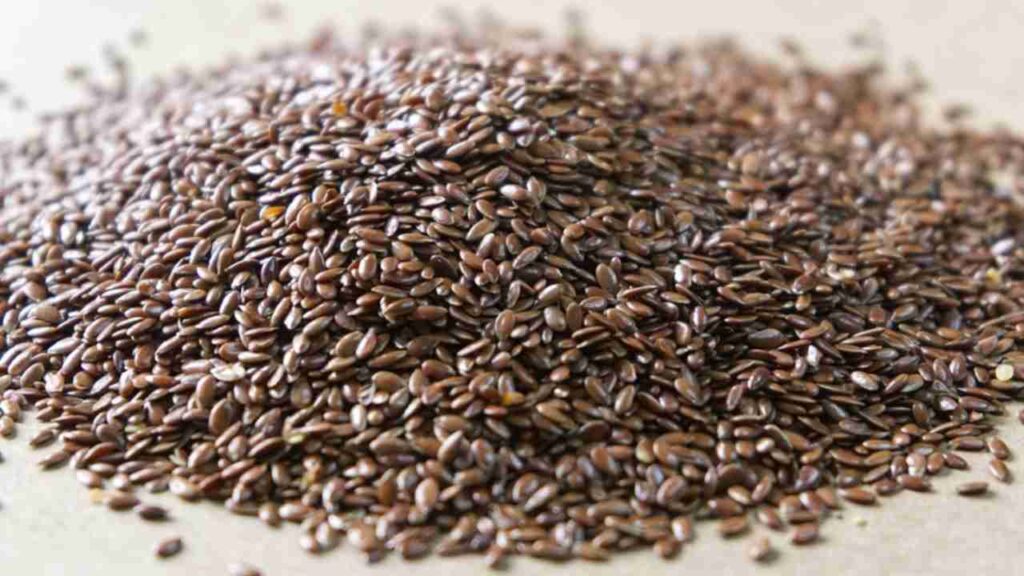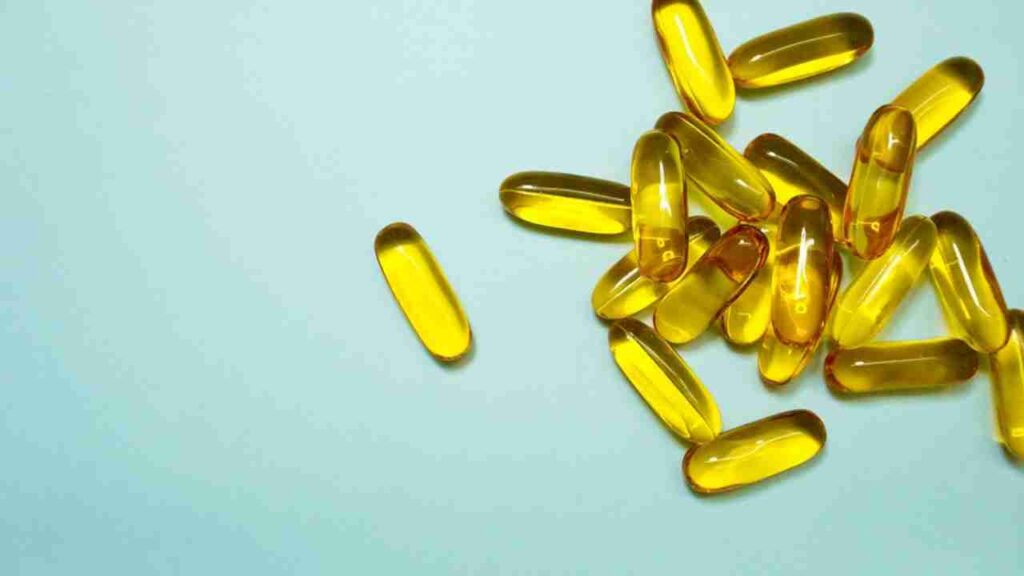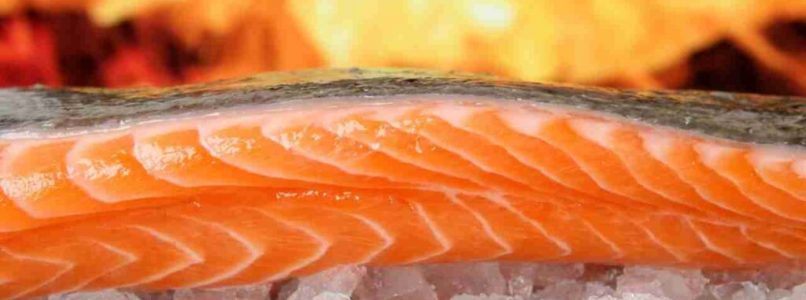The Omega 3 fatty acids have captured attention for their numerous health benefits. But what are they and why are they important for well-being?
These fatty acids offer numerous benefits for health and are found in many foods, i.e. foods rich in saturated fats.
What are Omega 3?
The aOmega 3 fatty acids they are a type of polyunsaturated fat essential for our body.
“Essential” means that our body cannot produce them independently and therefore we must obtain them through our diet.
The three main types are alpha-linolenic acid (ALA), eicosapentaenoic acid (EPA), and docosahexaenoic acid (DHA).
The Omega 3 they provide energy, improve the tone of the walls of blood vessels, keep cholesterol levels under control and help counteract cellular degeneration. They are also easy to digest because they are held together by very strong molecular bonds.
Omega 3: benefits for the body

THE benefits of Omega 3 there are many, considering that these fatty acids are fundamental for the performance of numerous bodily functions. The contribution of Omega 3 what is it for??
- Heart health: They are known to reduce the risk of heart disease. They can lower blood triglyceride levels, reduce blood pressure and prevent clots from forming.
- Brain benefits: These fatty acids are important constituents of cell membranes in the brain and can improve memory, concentration and cognitive function.
- Joint support: The Omega 3 have demonstrated the ability to reduce inflammation and pain associated with joint disorders such as rheumatoid arthritis.
- Eye health: They can help prevent macular degeneration.
- Mental well-being: Some research suggests that Omega 3 can help reduce symptoms of depression and anxiety.
Omega 3: foods rich in fatty acids

As already mentioned, there are several sources of these fatty acids that can be easily integrated into the diet. Here they are foods rich in Omega 3:
- Fatty fish: Salmon, sardine, mackerel, herring, swordfish and tuna are rich in EPA and DHA.
- Flax seed: Whether whole, ground, or processed into oil, flaxseeds are a rich source of ALA, which can be converted to EPA and DHA in the body.
- Nuts: Walnuts (walnuts and macadamia nuts) contain ALA and also provide fiber and antioxidants.
- Hemp seed and chia seed oil: Both are rich in ALA and can be used to dress salads or add to smoothies.
- Seaweed: Seaweed is a direct source of EPA and DHA and can be an ideal choice for vegetarians and vegans.
How to fill up on Omega 3 fatty acids
The advice is to follow a diet that contains a good quantity of these fatty acids. In addition to filling up on Omega 3you avoid hiring a supplement supplementary. So let’s see how to structure a typical menu:
Day 1
- Breakfast: a cup of tea and three biscuits
- Snack: a smoothie
- Lunch: brown rice with fresh tomato, omelette and mixed salad
- Snack: a pear and two walnuts
- Dinner: boiled beets, skewers with vegetables and meat, 2 slices of wholemeal bread
Day 2
- Breakfast: a cup of tea and dry biscuits
- Snack: a pear and two walnuts
- Lunch: wholemeal pasta with vegetables, natural mackerel and boiled green beans
- Snack: a low-fat yogurt
- Dinner: potatoes with salmon steaks, salad and wholemeal bread
Day 3
- Breakfast: milk and rusks
- Snack: three apricots
- Lunch: wholemeal pasta with anchovies and boiled green beans
- Snack: a pear and two walnuts
- Dinner: boiled beans, grilled aubergines, tuna
Day 4
- Breakfast: a cup of tea and some dry biscuits
- Snack: a pear and two walnuts
- Lunch: spaghetti seasoned with cherry tomatoes and tuna, stracchino and boiled spinach
- Snack: a low-fat yogurt
- Dinner: green beans, cow’s ricotta, roasted peppers, swordfish and slices of wholemeal bread
Omega 3 fatty acids: are there any contraindications?

The consumption of foods rich in Omega 3 fatty acids It does not entail any side effects or particular contraindications. Things change when we talk about a Omega 3 supplement.
Below are some considerations to keep in mind regarding contraindications and potential side effects:
- Drug interactions: These fatty acids may interact with some medications, such as anticoagulants and antiplatelet drugs, increasing the risk of bleeding.
- Risk of allergic reactions: People with allergies to fish or seafood should avoid consuming fish oil supplements and look for alternative sources, such as marine algae oil.
- Risk of bleeding: In high doses, the Omega 3 they may have an anticoagulant and antiplatelet effect, increasing the risk of bleeding, especially in individuals with bleeding disorders or undergoing surgery.
- Effects on blood clotting: They can affect blood clotting, so people who suffer from blood clots or who take clotting medications should consult a doctor before taking supplements.
